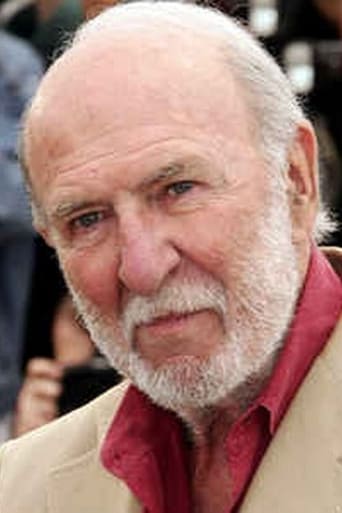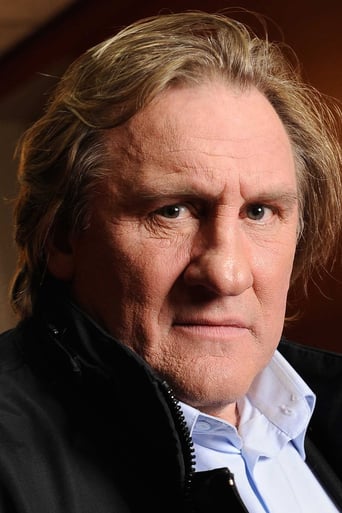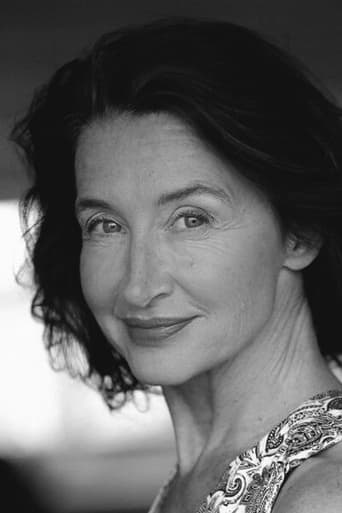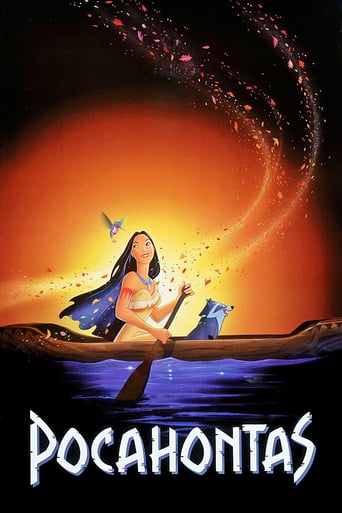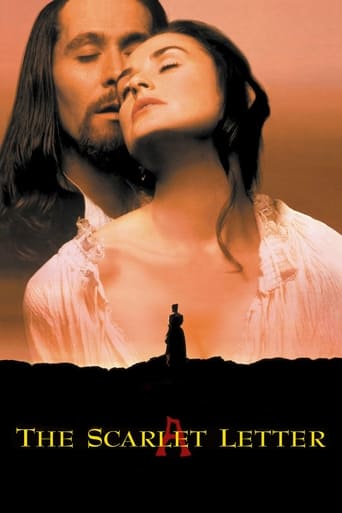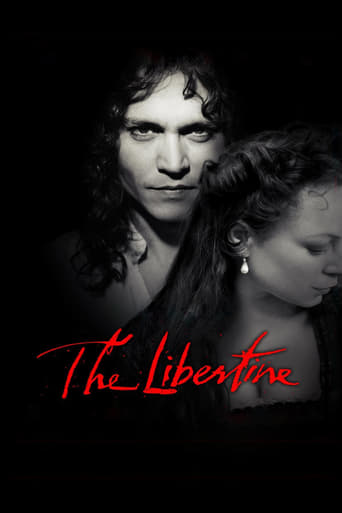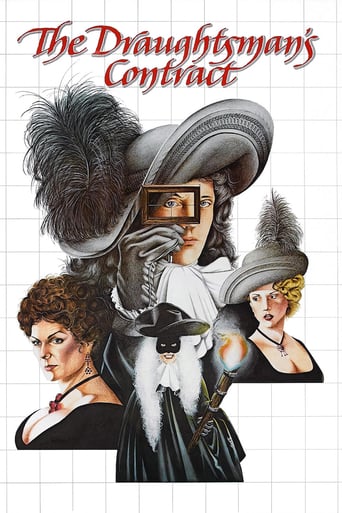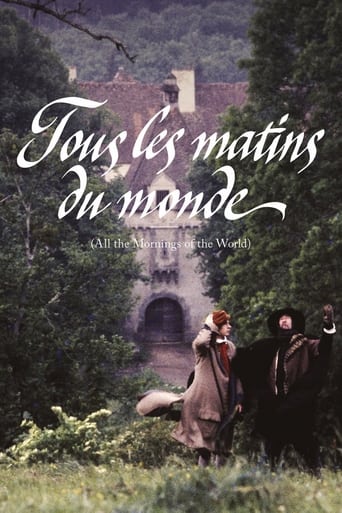
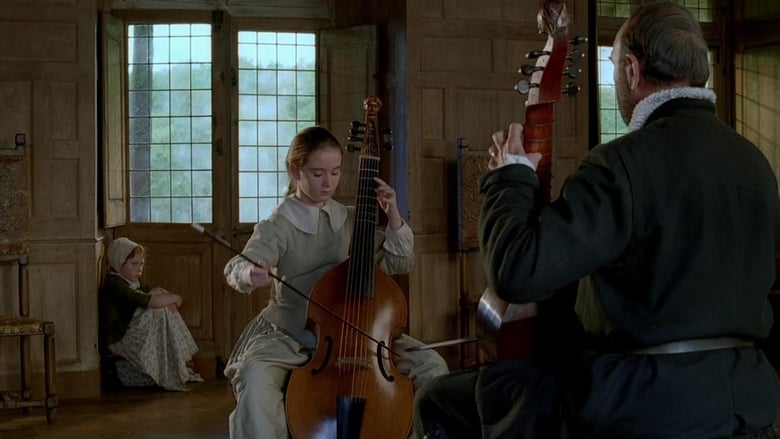
All the Mornings of the World (1992)
Following the death of his wife, a renowned musician ostracises himself from the outer world and dedicates his life to music. However, his life changes when a young man approaches him to learn music.
Watch Trailer
Cast
Similar titles
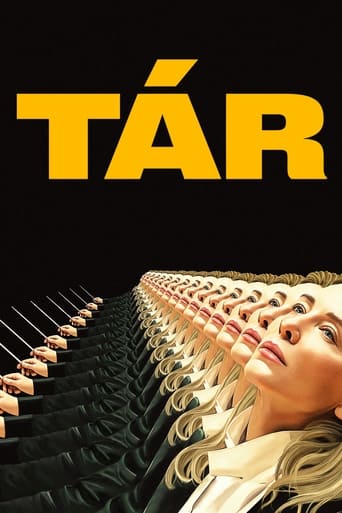
Reviews
I like the storyline of this show,it attract me so much
It's hard to see any effort in the film. There's no comedy to speak of, no real drama and, worst of all.
This movie was so-so. It had it's moments, but wasn't the greatest.
This is one of the best movies I’ve seen in a very long time. You have to go and see this on the big screen.
Tous les matins du monde is the story of two musicians, Marin Marais (played by the noted actor, Gérard Depardieu) and his mentor, Monsieur de Sainte-Colombe, during the time of King Louis IV in the 17th century. The late director Alain Corneau adapted the novel of the same name, written by Pascal Quignard. Little is known historically of both Marais and Sainte-Colombe, and Quignard's novel is a speculative account of the two mens' relationship.The film begins with an elderly Marais (now the master player of the viola da gamba, a predecessor of the modern cello) recounting his youth as well as the biography of his mentor, Sainte-Colombe, who became a recluse on his country estate after the death of his wife. Sainte-Colombe did raise his two daughters, Madeline and Toinette, and taught them both how to play the viol, and the trio soon caught the ear of the king by performing local concerts. One of the members of the king's inner circle, Monsieur de Caignet, informs Sainte-Colombe that the king wants him to lead the royal orchestra at the court, but Sainte- Colombe refuses. For refusing the king, Sainte-Colombe and his daughters are banned from performing for the foreseeable future.Sainte-Colombe, who never got over the death of his wife, withdraws further into his own little world, spending hours in a diminutive hut (set off from his main house), where he further hones his craft on the viol. The central part of the drama begins when a 19 year old Marais (played by Depardieu's son, Guillame), shows up at Saint-Colombe's door, and begs him to take this unpolished son of a shoemaker on, as a pupil. As far as I could tell, Marais plays beautifully for Sainte-Colombe, but Sainte-Colombe, due to his unreasonable quest for perfection, is unimpressed. He perceives Marais as a sell-out, who will do well making music at the royal court, but will never be a bona fide, true "musician." Both daughters, nonetheless, are quite impressed by the young Marais and urge their father to reconsider taking him on as a pupil. Sainte-Colombe finally agrees to have the young man come back but after a short time he sends him packing. Marais ends up having an affair with Madeline, who teaches all her father's smart moves on the viol. And to top it off, Marais (along with Madeline), hides underneath the hut, in an attempt to appropriate more of the master's style. When Sainte-Colombe finds Marais underneath the hut, that's the last straw, and sends him packing for good.Marais is depicted as having been seduced by court life and coldly dumps Madeline. She becomes despondent and eventually hangs herself. Sainte-Colombe becomes even more despondent over his daughter's suicide, and it takes him months before he realizes that all that brooding has done him no good. This coincides with Marais' change of heart; he realizes the error of his ways—his seduction by King Louis IV's court—which also leads to an his own life-affirming epiphany, and the subsequent decision to call on Sainte-Colombe, leading to a reconciliation between the two 'great' men.In the end, Saint-Colombe ultimately realizes that the way he treated Marais was beneath him and simply arrogant. For a long while, he was obsessed with his dead wife, who he often saw in visions. He was brought back to reality by the crushing real-life death of his daughter. Similarly, just like in the case of his mentor, the death of someone close, was the catalyst for change. Marais realized that the way in which he treated Madeline, who he dumped for the seductive glare of the royal court, was awful and that he now needed to make amends. Marais could now approach his former mentor with humility and would now find an equally accepting and receptive Sainte-Colombe, ready to recognize his talents, which he was loathe to do, at an earlier juncture in Marais' career. The film's strongest suit is undoubtedly the rich visuals evoking the period as well as the music, performed by the modern day master of the viol, Jordi Savall. Corneau's screenplay is sometimes slow and wordy and manages to rely on narration a little too often. It's a simplistic tale of redemption, relying on the melodramatic deaths of two female characters, to effect a catharsis in both principals. Both Depardieus offer up convincing performances but it pains me to think about what happened to the younger Depardieu in real life (injured in a motorcycle accident, he eventually had to have his leg amputated; and later died of pneumonia at around age thirty). There's also the tragedy of director Corneau who died at the young age of 67 from cancer, not to mention the elder Depardieu's more recent troubles with the law.Had Corneau and Quignard had a few more real-life facts about Sainte-Colombe and Marais to go on, this could have been a slightly more nuanced tale. Instead, we're asked to assent to Sainte-Colombe's label as a 'genius', without any real evidence. The dour narcissist remains fixated on his dead wife for most of the film, and only comes out of his shell when faced with the second tragedy of his daughter's suicide. It's hard to believe that the real-life Marais would have placed his mentor on such a high pedestal. Historically, the quality of his musical output is deemed superior to the so-called master.Ultimately we must be content with the speculative character portraits proffered here. Tous les matins du monde is an extremely elegant film which features some great baroque music. Nonetheless, the melodramatic, invented tale of a conflict between master teacher and student, is not as believable or moving as the music, the narrative ably showcases.
The beautiful, Barry Lyndon-like sheen of Tous Les Matins du Monde is at odds with its sour characters and melodramatic plot. Despite an end that makes overtures to archetypes and to epic creation, watching Matins proves a tedious experience.Set in the late 1600s, Matins revolves around four characters. The leader of the pack is Monsieur de Saint Colombe, a gruff middle-aged widower with a grand total of two interests: music (he plays the viola) and the memory of his late wife. He lives on an estate in the country with two daughters whom he consistently neglects; the estate keeps up appearances without his supervision.The family gains renown for its musical abilities when his two daughters eventually join him in plucking at stringed instruments. There is, for a time, nothing but music and family and the green of the countryside. This Rousseauian idyll is poisoned when a strapping, blonde-haired young manalas, a city urchin! asks de Saint Colombe to teach him about music. The young man is more interested in revenge than music, in getting to where he needs to go than the hearts he has to break along the way.Writers Pascal Quignard and Alain Corneau (the film is directed by Corneau) thrust de Saint Colombe on viewers out of the apparent belief that a great artist must be cruel, oafish, unknown and unhappy. They make sure that two long-suffering women are present: de Saint Colombe's daughters accept his awfulness without humor or challenge. Of course, were his daughters to challenge de Saint Colombe, Quignard and Corneau would run the risk of developing something more complex than they're interested in making here.While the people get uglier, the countryside stays pretty, thanks to the film's gorgeous lighting and Yves Angelo's photography. The final scenes pull from the dark shadows and golden light of late Rembrandt, and from John Alcott's work on Barry Lyndon. The costumes are lovely, the estate seems appropriately large and cold, and several of the performances are played with conviction.There's memorable style here, but no substance to match it.
'Tous les matins du monde' is more an experience than a movie. The brainchild of director Alain Corneau, writer Pascal Quignard, and musician Jordi Savall this film integrates the visual with the historicodramatic and the music that created the idea and bathes it in the most sensuously beautiful cinematography of a period (the 17th century) by Yves Angelo who is given the sets and design and costumes by Bernard Vézat and Corinne Jorry that create image after image of masterful still life. The total integration of the work of these masters is the plinth on which the actors offer the memory of two famous composers in French classical music history.Saint-Colombe (Jean-Pierre Marielle) is a viol player and composer whose wife (Caroline Sihol) dies young leaving him to raise his two daughters young Madeleine (Violaine Lacroix) and young Toinette (Nadège Teron)whom he teaches his art of viol de gamba performance while sequestering himself and his girls in the countryside. Into their garden comes the young handsome son of a shoemaker, Marin Marais (Guillaume Depardieu, the son of Gerard Depardieu) who commits to learning the viol and eventually becomes a court musician only to fall in love with Saint-Colombe's elder daughter Madeleine (Anne Brochet) whom he eventually leaves for the glories of the court. As an adult (Gérard Depardieu pere) he realizes his error and returns to the Saint-Colombe sanctuary where he learns the true meaning of music as being something beyond words and thus something beyond human.In the course of this quiet little film and in the dramatic lighting of the production design we hear the music of Couperin, Lully, as well as compositions by Marais and Saint-Colombe. Jordi Savall supplies the incidental music that binds these works and offers the viol playing together with a talented group of musicians. The story is small, the dialogue sparse (primarily Depardieu pere narrating his experience as Marais) and for the novice the film could be slow. But the incandescent beauty both visually and aurally make this film a work of art that has not been equaled since its appearance on the scene in 1991. It is a treasure. Highly recommended. Grady Harp
Normally I don't listen to classical music. I'm a fan of rock and pop music, which in my opinion is not that bizarre for a 27 year old man, but even though I don't know much about classical music, I can almost always enjoy it when it is used in a movie. The same here. In my opinion, the music may well be the best reason why I want to give this movie another try. I would even say that everybody should watch this movie at least twice. First you should go for the entire movie, so you know the story, and the second time you should close your eyes and turn up the volume in order to fully enjoy the fragile, but oh so beautiful music. I truly wish I knew more about classical music, in order to understand it better. Now I'm only an amateur who can judge in terms of 'I hated it' or 'I loved it', but who isn't able to say much more about it. Still, the movie has more to offer than just the music, the story and the acting are nice as well and that's something I know more to tell about.This movie starts with an old Marin Marais who is listening to his orchestra that is rehearsing a composition by Monsieur de Sainte Colombe at the royal court in Versailles. But they don't play it the way it should be played and Marin Marais takes a viola da gamba to show them how it should be done. When he starts playing, all his memories about his time with the family de Sainte Colombe return and he starts telling everything: How he first met his master at the age of seventeen, how he fell in love with one of his daughters, how he became appointed to the court of Louis XIV, but never was seen as a real musician by his master... He also tells them that Monsieur de Sainte Colombe had a special way of working and that his music had a special reason of existence for the man. When his wife died and he wasn't home because of his work, the man got overwhelmed by grieve and a severe depression. From that moment on he dedicated his life to music and his two young daughters Madeleine and Toinette, avoiding the outside world and locking himself up in a small wooden shed. It was soon known what a good musician he was, even at the court of Louis XIV, where he was offered a job in the king's orchestra. But he refused because his music wasn't intended for people who didn't understand the real meaning of it: remembering his beloved wife who died too soon.Despite the fact that in my opinion the Baroque period is probably the worst period in history when it comes to clothing and architecture - it's all much too pompous and over the top to my taste - I must say that it didn't bother me all that much in this movie. The main reason for that is because it wasn't constantly shown. Take for instance Monsieur de Sainte Colombe. Even though he lived in this time period, he didn't wear any of those costumes, but preferred to keep wearing his old and much soberer clothes. The same for his daughters, they never wear those extra large ball gowns, but have quite simple dresses. The only person that wore those clothes was the adult Marin Marais, and he only appears in the last part of the movie. But don't worry, that's about the only bad comment that I have about this movie. The acting and the story are certainly very good and make this movie worth watching. But as I said earlier in this review, nothing could be compared to the wonderful music.In the end I can only say that everything that I saw, worked. It all looked good and I really don't understand why this movie isn't known by more voters on this website (only 971 at this moment). I believe that the fact that it hasn't been released on DVD yet, can be a reason for that 'problem', but don't let that be a reason not to watch it. When you get the chance to see it on VHS or on television, I certainly should give it a try. I really liked it and I give this movie a 7.5/10.
